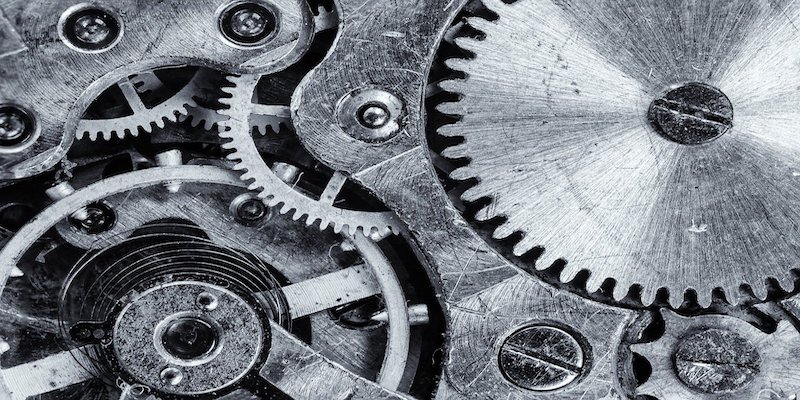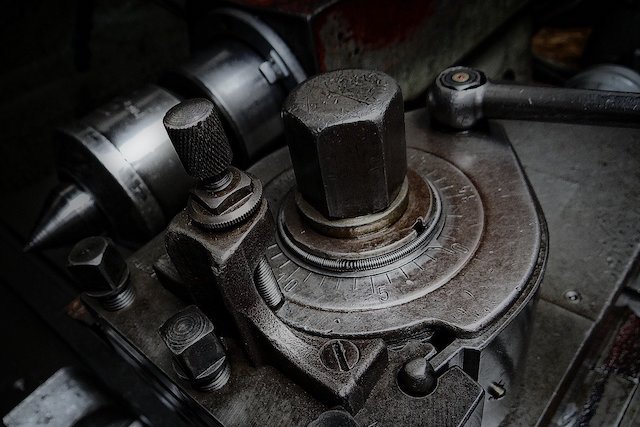CNC engineering is an incredibly versatile method of producing parts and components used in a number of different industries. The use of Computer Numerical Controls allows for the manufacturing of products that can satisfy even the most stringent of specifications.
Given its versatility, there are several different materials that can be used with CNC engineering. Each has its own set of unique properties that make it ideal for specific projects. The key is to understand which raw material should be used for which component.
What Materials can be Used in CNC Engineering?

The first task you’ll need to undertake is to understand the different types of raw materials that are compatible with CNC engineering. These range from various types of metals and plastics, to wood and other materials. Here are the most common ones:
Metals

Perhaps one of the most common types of materials used in CNC engineering, metals can be manufactured into a number of different components.
Aluminium
This metal is used the most in CNC engineering, mainly due to the fact that it can be machined much faster than the others – making it the most viable for your wallet. Components made from this material create a protective layer when exposed to the environment, providing them with additional resistance to corrosion and enhanced strength.
These characteristics make aluminium ideal for components in the health, automotive and aerospace industries. Specific uses include gears, shafts, electronic housings and aircraft fittings.
Titanium
Titanium’s high melting point makes it a solid choice for a number of different applications. The fact that it’s immune to salt and water makes it resistant to corrosion, while its strength and sturdiness makes it well-suited for aircraft components, medical implants and even jewellery.
Copper
This is a very popular metal in CNC engineering due to its high level of electrical conductivity. It’s also extremely resistant to corrosion and very easy to shape thanks to its thermal conductivity properties.
Common uses of copper include in the automotive industry, where it is found in heat exchangers and cooling systems. You will also see the metal be utilised in engineering applications such as radiators and valves.
Steel
Steel is most commonly used for CNC engineering projects that require strong welds and superior formability. Depending on the type of alloy chosen, this metal can be used to make gears and shafts, alongside other components that endure harsh stress.
Stainless Steel
This is an incredibly versatile metal that has uses in electronics hardware and medical equipment. Stainless steel alloys can also be found in the aerospace and automotive industries.
Plastics

Alongside metals, plastics is the second type of material that is most commonly used in CNC engineering. These include:
- Nylon: Generally easy to machine, nylon is most commonly used in the production of bearings, insulators and products used for injection moulding.
- PVC: This type of plastic has uses in a variety of different industries from water and gas pipes to even toys. It is incredibly cost-effective, making it a great choice for various projects.
- PEEK: Ceramic PEEK offers enhanced impact strength and dimensional durability, making it ideal for switches, connectors and test sockets.
Honourable Mentions

Although plastics and metals are by far the most common materials used in CNC engineering, there are a couple of other items that can be used as well. One such material is wood. This sturdy material is pretty resistant to wear and tear, however it can be quite expensive and often requires specialist cutting tools.
The second honourable mention is foam based materials, which are simple to machine and relatively inexpensive. This makes foams a great choice for performing a test run on your project before using a more expensive material.
Choosing the Right Material for CNC Engineering

Your choice of material can actually make the difference between your project being a complete success or an abject failure. To help find the right material to suit your needs, there are a number of points you should consider – which include:
What will the Part be Used For?
It’s important to consider what the end result will be and how your part will be used. This is because similar types of materials can be used for a variety of different products – with some being better suited than others.
An example of this is insulation. Materials used to insulate breathalyzers will most likely be different than those that provide insulation in a camera. While both scenarios are designed to produce the same thing, insulation, the fact that there are different end outcomes means that a different type of material is required.
Environment
As you might expect, whether your component will be predominantly used inside or outside will play a big part in deciding which material will be used. Parts that are exposed to the elements will have to be good at dealing with moisture, while those that will remain indoors will not have the same trouble.
Whether your component has to cope with extreme temperatures is another factor that determines which material is best to suit your needs. Another will be if your product has to comply with certain regulations such as FDA.
Stress Load
A high stress load can cause certain materials to strain or even break. If your component is likely to be subjected to high levels of stress, you will need to be sure that the material you use is able to prevent deformation and resist loads.
Cost-Effectiveness
The best way to select a material that is perfect for your budget is to choose one that meets stipulations such as temperature restrictions, strength profile and fitment requirements. The more stringent your conditions are, the easier it will be to identify the materials you need – saving you money in the long run.
Choosing Your CNC Engineering Provider

Once you’ve decided the type of material to use in your CNC engineering project, the next thing to work out is who your manufacturer will be. You’ll want someone who is completely reliable and will support you every step of the way.
This is where EGL Vaughan can help. We believe in creating strong relationships with our clients, which is why they come back to us time and again. Our first-class service begins with providing a rapid quote and continues right the way through to the delivery of your products.
Whatever your requirements, you can rely on EGL Vaughan to deliver. We are capable of dealing with orders of all shapes and sizes and can even help if you don’t have any technical drawings, thanks to our innovative reverse engineering service.




